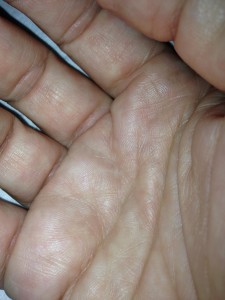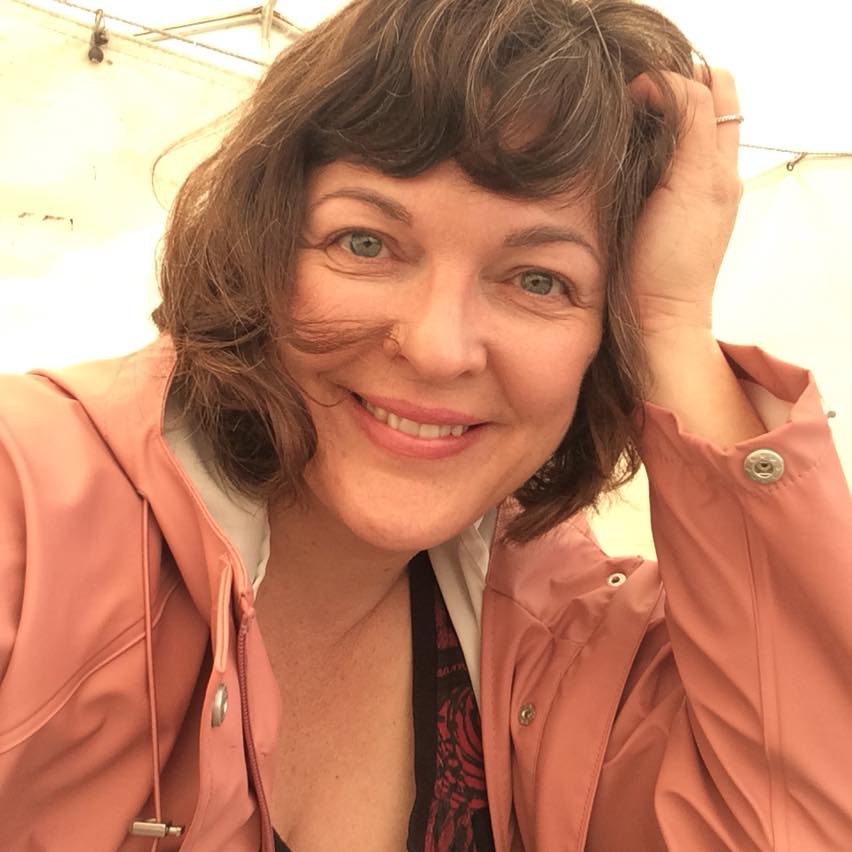I know it’s mostly meant as harmless flattery, but I am not a goddess. Where and when did we shift from the goddess movement and the acknowledgment of the Feminine Sacred to acknowledging ourselves as goddesses in some pop culture approved form of self grandiosity?
A goddess is a female deity with supernatural powers. Wouldn’t it be strange if a man walked around declaring he was a god? Yeah. Are we Gaia, the white Tara, the female Christ, Mazu, Mami wata, Brigantia, Isis or Aphrodite? Why would we want to pretend to be?

Sure we toss around the term goddess lightly and playfully. Why am I making a big deal about it? Someone may say I am the goddess of chocolate cake because I have an excellent recipe. I abuse words too. I might say I love Gael Garcia Barnal. I don’t love Gael Garcia Barnal. I have an appreciation for his soulful film performances and an awareness of how beautiful the curve of his mouth is. Do I diminish the power of the word “love” when I use it so flippantly? I think I do, actually. But the real problem would be if I started to believe, a little, that I might actually love Gael Garcia Barnal. Then I go from being playful to being a stalker fan nut bar living a fabricated life full of delusion. 
And this is where I take exception to being called a goddess: a growing trend. If we actually start to believe it…even a little…no. I am not a goddess and neither are you.
When did we decide, as women, that calling each other goddesses is a form of acknowledgment of our inner power and an affirmation? When someone calls me a goddess, I think, “What an impossible thing to live up to!” What a life of denial. For me, it dismisses all I have worked so hard for. I am not a goddess of fertility for giving birth. I am a mortal woman who gave birth. A miracle happened in my human body and my human body paid the price. One baby lived and it was not in my power to give her life and one baby died and it was not in my power to give her life.

I bleed. I tear. I have terror. I am forgetful and tired and selfish and many other small petty human things. And still, despite all of this, I can accomplish remarkable things. I can be courageous. I can heal, I can remember. I can wake up. I can be selfless. I can, here and there, rise above pettiness. This is remarkable for a human, unremarkable for a goddess. I am strong enough to admit I am flawed. I am big enough to admit I make mistakes. I have faith enough in myself that despite my short comings I am born as a child of God/dess and wise enough to know I am not God. And some may say, “I say God/dess because I don’t believe in the idea of God”. Then I say, “Invent your own word. Don’t diminish the power and beauty of mine.”



to me, the modern use of the word goddess is the description of a sacredly intimate role, a once in a lifetime divinely assigned occasion, when a woman by her combination of depth of character and expression of her physical vessel, fulfills in the heart of a specific man with so much enthusiasm, that he would choose her as his lover far above all other possibilities. his goddess is the fulfillment of his deepest emotional and sexual desires. for that particular fellow, that particular woman is the ultimate of both a physically exhilarating adventure and an emotional harbor of safety. so i very much like to imagine you in the role of that type of modern goddess in the life of your Fellow, because i love the thought that my friend is basking in that depth of love.
this is a beautiful perspective. thank you. this makes sense to me, Kristin.
I want to share what another friend wrote about the subject. It seems similar to what I would call “Child of God”. And intelligent and juicy perspective:
It sounds like you were called a domestic goddess over a bit of pastry. I would have to agree with you that this phrase has become a superficial derivative of what the word goddess means.
But as requested, I will expand upon my concept of goddess as a holy archetype, not perfection. In my world gods aren’t perfect, well, they are, but they aren’t perfect humans, they are perfect gods. Humans have to be good at lots of things and so we can’t really be the timeless and immutable perfection of any one thing (except perhaps of being human). Gods are perfect at one thing…being the anthropomorphic symbol of something we humans encounter. That might be an idea or object, be it fertility, war, justice, poetry, the moon, or the broad concept which is the divine feminine. no pun intended. Even a monotheistic concept of God is comes from a human concept of perfection. But monotheism is not the frame your compliment-giver is speaking from.
Some deities symbolize things that are not really supernatural at all. Like the moon. It’s up there. We can prove things about it. But it has limitations. It’s not very good at being the earth, it’s the moon. But it’s a perfect moon and I have an experience of the divine when I look at it. I can probably look at anything and have an experience of the divine. I’m an artist.
When someone calls you a goddess, I don’t think they are saying you’re perfect or expect you to be. What they are saying is that for a moment, through you, they are having a perfect experience of the divine feminine. They see the goddess through you. And you are a goddess, because the divine has infinite perfect, albeit limited manifestations that connect us to its mysterious and limitless self, and you are one of them. In this way, you are perfect. A perfect Lucia.
By refusing this compliment, you downplay how perfect a vehicle you are for this divinity. I suggest not getting too worked up about if people are being idolatrous. It’s their business if they limit their appreciation for the sun at the glory of its colors. You can accept that you carry the divine feminine, as well as the fool, the lost child, the neophyte, the femme fatale, the warrior, the gambler, the leader, and a million others masculine, feminine, and neutral.
You may feel more comfortable to have some acknowledged more than others. We often don’t get to choose the roles we’re cast in. I’m guessing most of the roles you play will have a deeper impact than cake. But you get to share the stage, and no matter how trivial the event, it is always divinely human. – Michelle Lunicke